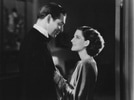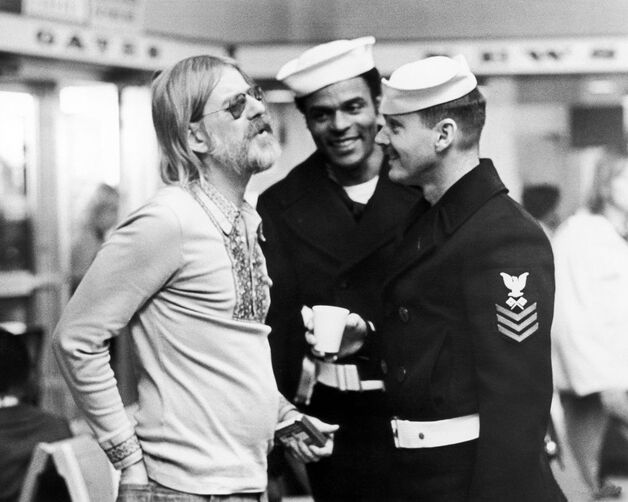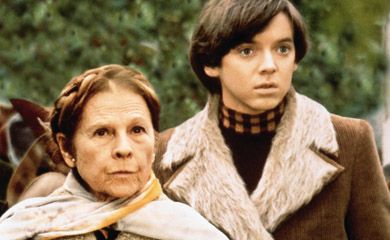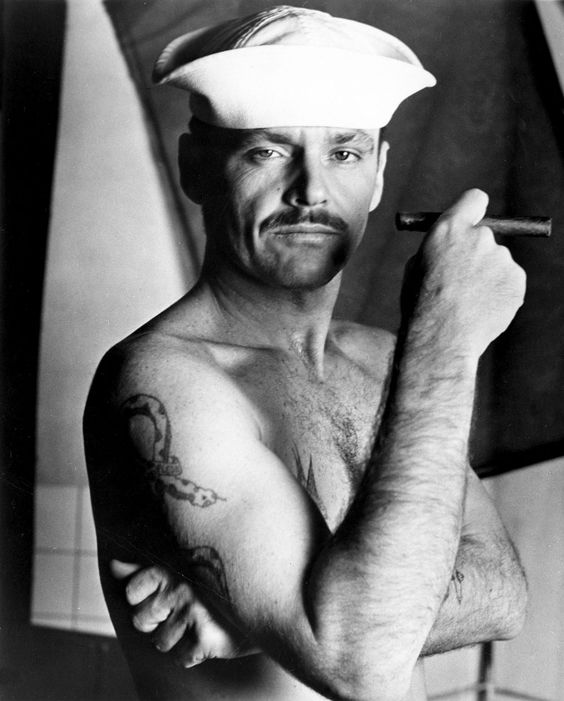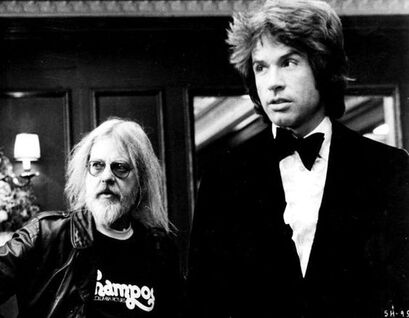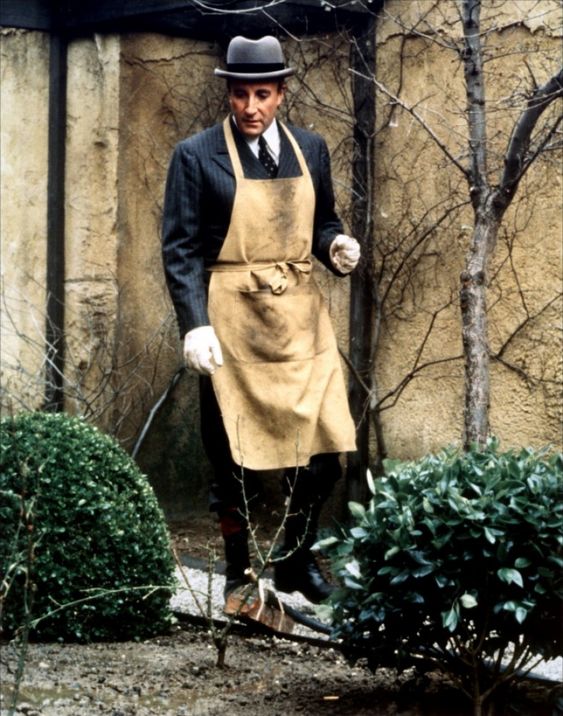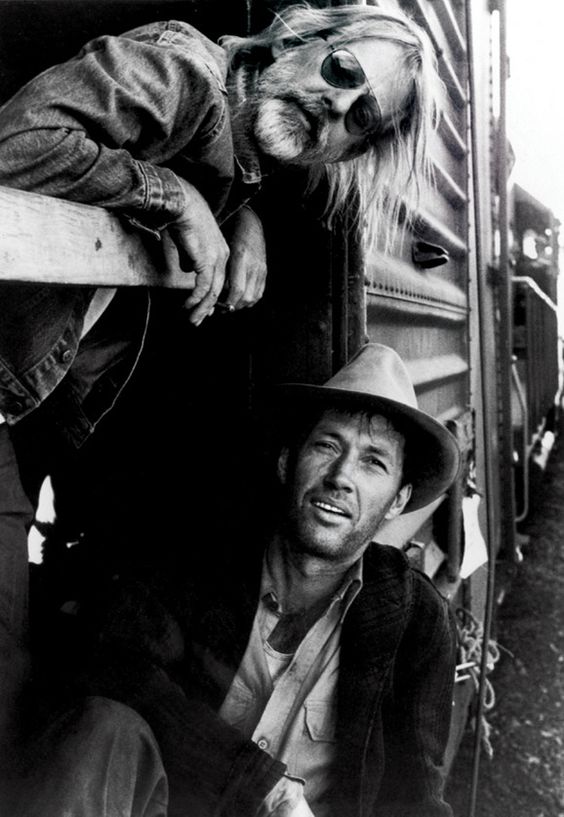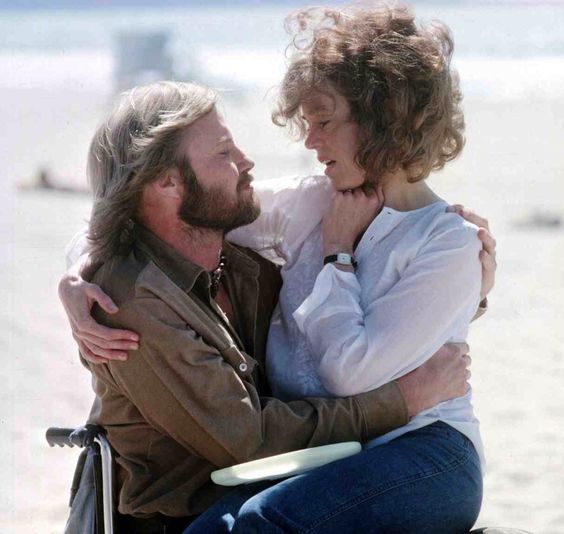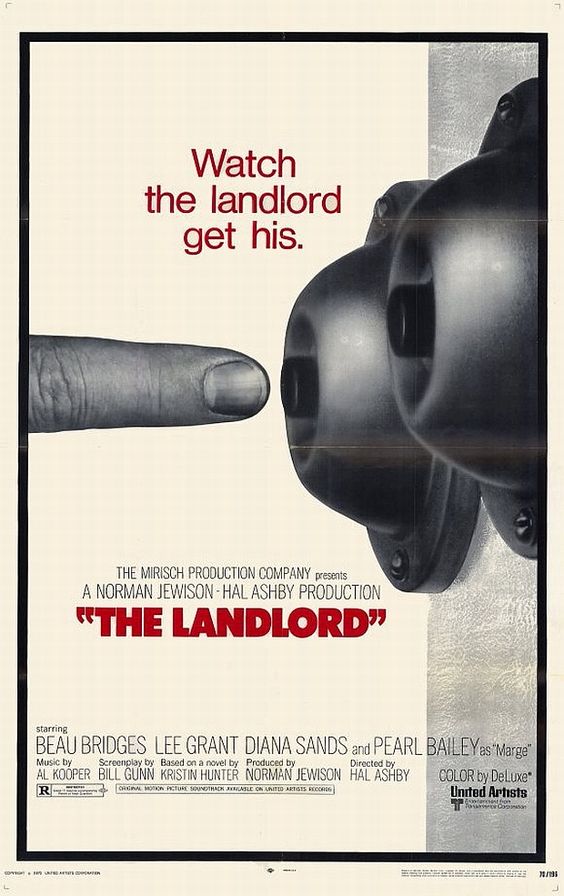Hal Ashby: The Forgotten Director of New Hollywood
|
Director Hal Ashby is often overlooked when lists of the greatest directors of the 1970’s are made. Francis Ford Coppola, Martin Scorsese, Peter Bogdanovich, George Lucas and Steven Spielberg are all regularly mentioned, and rightfully so. The creative genius they and many other directors displayed in the 70’s changed Hollywood forever. Generally speaking, those directors either were fresh graduates of film schools, or in Bogdanovich’s case, film criticism. Ashby was different. He didn’t come from either coast; having been born and raised in Utah. He didn’t attend college, instead working, by his estimate, several hundred odd jobs, both in Utah and in California, after moving at 21 to “live off the fruit of the land.” He didn’t have a technical or artistic background, but applied through a job service to work for a studio, any studio. When he was granted an assistant editor position at Republic Pictures, however, he found first a vocation, and then an outlet for his immense skill and artistry.
He was in his early twenties, but would assist on important films for George Stevens and William Wyler, honing his craft as an editor. His partnership with Norman Jewison led to some of the director’s best work, including The Cincinnati Kid, and The Thomas Crown Affair. It was his editing of Jewison’s In the Heat of the Night, however, that put him on the Hollywood map and led to his only Academy Award. Ashby was known as a tireless worker, often putting in 15-17 hours a day at his editing bay. He had a photographic memory that helped him recall every piece of film he touched, then retrieve it to utilize it in his constructive process. He had been working with the understanding that editing was the perfect training ground for being a director, but he was 38 years old, exhausted, divorced three times and had no directing prospects. Jewison offered him the opportunity to direct The Landlord in 1970, because he was too busy himself, setting in motion a run of greatness that would rival any other director. After The Landlord, Ashby would direct Harold and Maude, The Last Detail, Shampoo, Bound for Glory, Coming Home and Being There, all within a nine-year span encompassing the 1970’s. Combined, he would direct 10 actors to Oscar nominations, with four of them winning. Ashby would be nominated for just one Best Director Oscar, for Coming Home, but would lose to Michael Cimino’s direction of The Deer Hunter. |
While he would direct a handful of features in the 1980’s, he was never able to capture the magic of his ‘70’s output. A habitual marijuana user dating back to the ‘50’s, Ashby often clashed with producers and studio executives. Rumored use of cocaine and other drugs, however, led to difficulty in being hired, exacerbated by Ashby’s increased reclusiveness.
A man of few words, Ashby let his films speak for him, crafting a legacy of greatness during a period of upheaval and change throughout Hollywood. Given the seven films he directed during the ‘70’s it’s clear he deserves to be mentioned along with Scorsese, Coppola, Cimino and Bogdanovich as an auteur of New Hollywood. Sadly, he did not live to old age as many of these men did, so he was never granted a late career resurgence or retrospective. Ashby died of pancreatic cancer in 1988. His last project, a TV pilot for a series created by Monty Python’s Graham Chapman, that never aired, due to Chapman’s health and Ashby’s death.
Peter Biskind's Easy Riders Raging Bulls: How the Sex, Drugs & Rock n Roll Generation Saved Hollywood is a great resource on Ashby and the New Hollywood generation of directors, stars and studio executives who changed Hollywood in the late '60's and 70's.
A man of few words, Ashby let his films speak for him, crafting a legacy of greatness during a period of upheaval and change throughout Hollywood. Given the seven films he directed during the ‘70’s it’s clear he deserves to be mentioned along with Scorsese, Coppola, Cimino and Bogdanovich as an auteur of New Hollywood. Sadly, he did not live to old age as many of these men did, so he was never granted a late career resurgence or retrospective. Ashby died of pancreatic cancer in 1988. His last project, a TV pilot for a series created by Monty Python’s Graham Chapman, that never aired, due to Chapman’s health and Ashby’s death.
Peter Biskind's Easy Riders Raging Bulls: How the Sex, Drugs & Rock n Roll Generation Saved Hollywood is a great resource on Ashby and the New Hollywood generation of directors, stars and studio executives who changed Hollywood in the late '60's and 70's.
